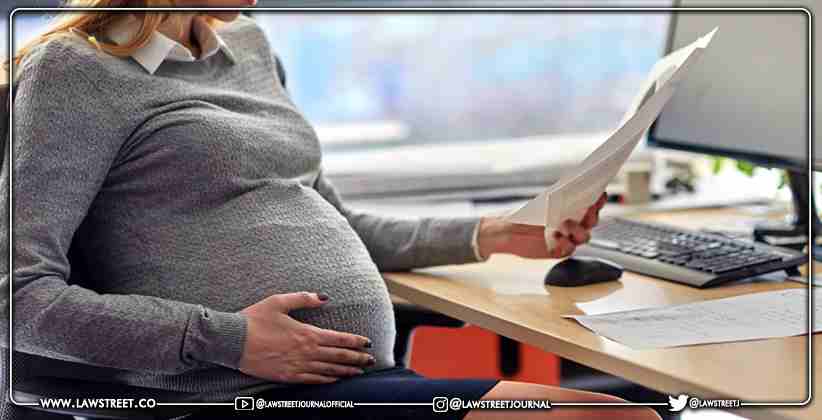Kerala: The Kerala High Court has held that forklifts and cranes used exclusively within factory premises constitute “motor vehicles” under Section 2(28) of the Motor Vehicles Act, 1988, and therefore require mandatory registration under Section 39 of the Act, as well as payment of tax under Section 3 of the Kerala Motor Vehicles Taxation Act.
Justice Mohammed Nias C.P. delivered the judgment on November 20, 2025, in W.P.(C) No. 19075 of 2025, dismissing a challenge filed by Natural Wood & Veneers Pvt. Ltd., which contended that its two forklifts and a hydraulic crane were used only for material handling inside its six-acre factory in Ernakulam and were never operated on public roads.
The petitioner argued that the equipment was treated as machinery under the Factories Act, underwent regular safety inspections, and therefore fell within the exception to Section 2(28) as “vehicles of a special type adapted for use only in a factory or enclosed premises.” The impugned notice issued by the Sub-Regional Transport Officer directing stoppage of operations for want of registration and insurance was challenged as being without jurisdiction.
The State, however, submitted that the equipment was roadworthy, equipped with diesel engines, steering, braking, mobility features, and capable of being driven on public roads at any time. It further argued that the factory premises constituted a “public place” within the meaning of Section 2(34), since workers, visitors, and other vehicles had access to the compound. Accordingly, the machinery required registration and valid insurance to safeguard persons entering the premises.
Justice Nias held that the determinative test under Section 2(28) is road adaptability, not actual use, noting that the statutory exclusion applies only to machines exclusively designed for enclosed premises. The Court observed that forklifts and mobile cranes, being self-propelled, rubber-tyred, and mechanically mobile, are structurally capable of movement on public roads and thus fall within the definition of “motor vehicle.”
The Court undertook a detailed examination of the Central Motor Vehicles Rules, particularly Rule 2(cab) (amended in 2020), which expressly classifies forklifts and mobile cranes as Construction Equipment Vehicles (CEVs)—a category recognised as “non-transport vehicles,” but nonetheless squarely within the regulatory regime when capable of on-road movement, even incidentally.
The Court then addressed the petitioner’s reliance on Bolani Ores, Travancore Tea Estates, and Tarachand Logistics, observing that these decisions rested on the compensatory tax doctrine, which had been expressly overruled by the Constitution Bench in Jindal Stainless. The Court held that Section 3 of the Kerala Motor Vehicles Taxation Act contains a wider formulation, i.e., taxing all motor vehicles “used or kept for use in the State,” and does not confine liability to vehicles used in a public place.
Examining the technical details of the petitioner’s machinery, the Court noted that the forklifts and crane were equipped with diesel engines, hydraulic systems, brakes, steering, illumination, and could travel at speeds ranging from 25 km/h to 50 km/h, thereby confirming their road capability. Such machines, the Court held, did not fall within the narrow exclusion under Section 2(28).
Finding no legal basis for the petitioner’s claim, the Court upheld the RTO’s direction and dismissed the writ petition.
Case Title: Natural Wood & Veneers Pvt. Ltd. v. State of Kerala & Anr.




![Kerala HC Quashes 498A Dowry Harassment Case Against Live-In Partner, Citing Lack of Relative Status [Read Order]](/secure/uploads/2023/08/lj_5693_1057c042-1e57-4e27-8c9e-25af0ec38ec4.jpg)
![Watching porn on mobile: Kerala HC highlights importance of mother cooked meals, outdoor sports [Read Order]](/secure/uploads/2023/09/lj_9155_Parental_supervision_of_mobile_phone_usage.jpg)
![Lakshadweep MP Mohammed Faizal Disqualified from Lok Sabha After Conviction Suspension Plea Rejected by Kerala High Court [Read Notice]](/secure/uploads/2023/10/lj_9640_87b5fd97-0e05-4ff8-9a99-3be1e4446192.jpg)




